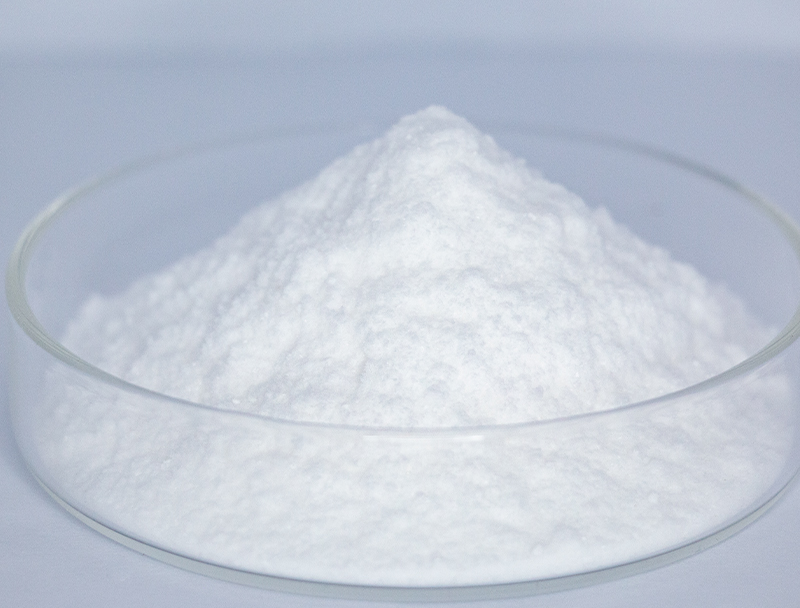
Bioprocessing depends strongly on a substantial range of input materials to produce innovative bio-based products.
Protecting responsible procurement of such inputs is paramount for the long-term viability and ethical growth of the industry.
an array of drawbacks from conventional supply chains including carbon-intensive impacts and resource exhaustion. Accordingly, companies are required to implement regenerative sourcing methods to mitigate footprints.
- Illustrations of eco-conscious sourcing involve:
- Employing waste-stream inputs from industry leftovers
- Adopting looped production models to decrease loss and amplify reuse
- Working with community-based suppliers that follow ethical standards
Adopting sustainable feedstock strategies yields environmental wins alongside fiscal sustainability.
Optimizing Biomass Feedstocks for Enhanced Biofuel Production
Advancing fuel production depends on feedstock consistency and composition. Analysts tirelessly probe advances to elevate feedstock conversion, producing improved fuel yields and a lower-carbon energy pathway. Strategies feature genetic optimization to raise biomass yield plus pretreatment to depolymerize plant polymers into sugars.
- In addition, projects pursue feedstocks like algae, waste fractions, and harvested residues to enlarge the selection of eco-friendly biomass for bioenergy.
- Through these continuous efforts, the field of biofuel production is poised to make significant progress in the coming years, paving the way for a more renewable energy landscape.
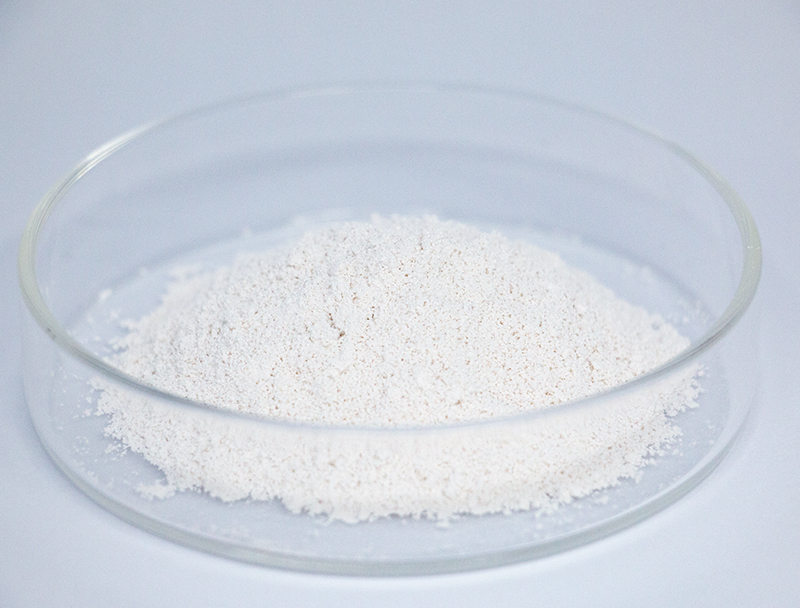
Upstream Process Improvements for Modern Biopharma Production
covers the early phases of biopharma production including culturing and biological harvesting Recent developments in this field have resulted in optimized workflows that raise overall output.
Pivotal enhancements embrace high-performance cell lines, balanced media compositions, and intelligent reactor control systems. These refinements escalate production and lower expenses and environmental strain.
- Concurrently, continuous manufacturing approaches bring amplified flexibility and more consistent upstream outcomes.
- The progression to advanced biomanufacturing approaches should modernize the field and quicken therapeutic progress.
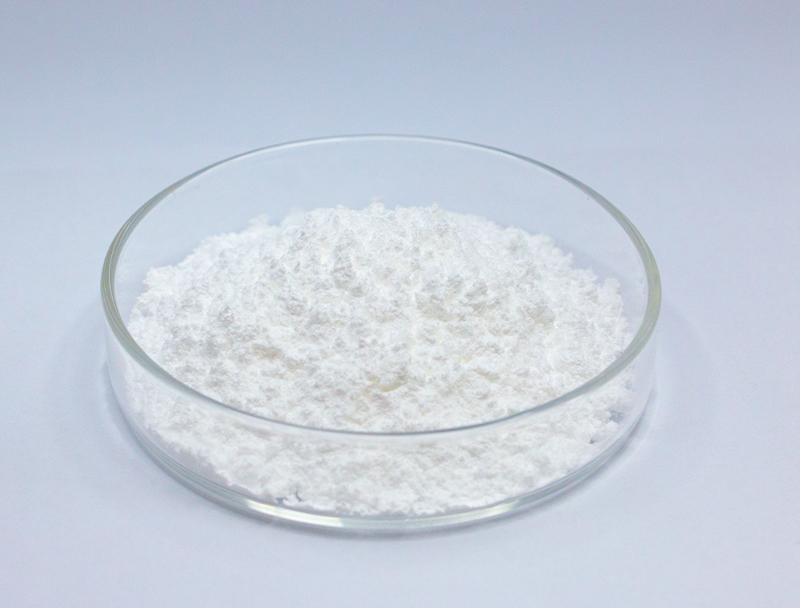
Next-Gen Gene Editing for Enhanced Protein Expression
progresses in gene editing technologies, such as CRISPR-Cas9, have revolutionized the production of biopharmaceuticals. By accurate genomic tuning, developers enhance yields of critical biopharmaceuticals. These methods could enable production of accessible and efficient medicines tackling diverse health challenges.
Microbial Approaches to Effective Bioremediation
progressive microbe-based cleanup tactics that mitigate industrial pollution. Specialized microbes can enzymatically degrade pollutants to reduced-toxicity products.. Tapping into these capabilities enables green remediation tactics to restore ecosystems affected by industrial contamination.. Analysts explore microbial consortia for targeted removal of metal toxins, pesticide residues, and petroleum contaminants.. Organisms may be utilized in controlled reactors or in place to accelerate contaminant decomposition through biodegradation..
Employing microbial strategies for remediation provides multiple benefits versus traditional techniques. The approach tends to lower treatment costs and avoids producing toxic residuals. Moreover, microbes can be tailored to address specific pollutants with minimal impact on non-target organisms. The domain advances quickly, concentrating on raising reliability and performance of microbial cleanup methods.
Data-Driven Approaches for Therapeutic Development
Bioinformatic tools play an increasingly crucial role in the modern landscape of drug discovery and development. By leveraging complex datasets, bioinformatics expedites discovery and optimizes candidate safety and potency.
- By analyzing vast datasets of genomic, proteomic, and clinical data, bioinformaticians can uncover novel drug targets and predict the activity of potential therapeutics.
- Additionally, simulation tools enable prediction of binding and activity, guiding creation of more potent drugs.
- In conclusion, computational biology reshapes discovery pipelines and speeds delivery of reliable treatments for patients.
Metabolic Design Approaches to Boost Bioproduct Yields
implements many strategies to improve microbial output of desired bioproducts. Options include metabolic rerouting via gene edits, expression tuning through regulatory control, and incorporation of foreign enzymes to expand function.. By calibrating pathway dynamics and expression levels teams can greatly amplify bioproduct yields.
This multifaceted approach has the potential to revolutionize a broad range of industries, including biopharmaceuticals, agriculture, and bioenergy.
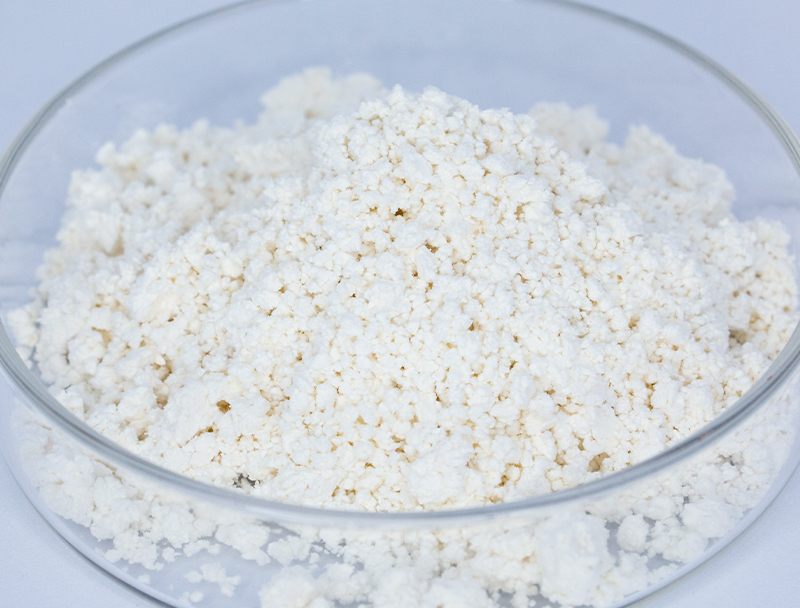
Scaling Biopharma: Difficulties and Strategic Opportunities
Upscaling therapeutic manufacturing brings major obstacles along with promising prospects. Ensuring product consistency at larger manufacturing scales represents a major hurdle. Addressing it demands strong process governance, accurate real-time analytics, and advanced measurement systems.

A further difficulty lies in process complexity, with many interdependent production phases.. Adapting protocols for industrial scale requires considerable development work and engineering advances.. However, the potential rewards are substantial. Successful industrialization can broaden availability, trim costs, and raise profitability.
A range of strategies is being implemented to address scaling problems. Initiatives involve optimization platforms, high-resolution analytics for process control, and novel manufacturing frameworks.
- Innovation programs are essential to expand production competencies.
- Regulators are adapting frameworks to speed authorization of novel manufacturing approaches and spur innovation.
Exploring Approval Frameworks for Biopharmaceutical Safety and Effectiveness
Engineering biologic therapies includes robust governance to assure patient safety and measure effectiveness. Biologic therapeutics bring unique regulatory and manufacturing demands unlike traditional pharmaceuticals.
Agencies such as the FDA in the United States and the EMA in Europe play a crucial role in establishing guidelines and standards for the approval of these innovative therapies..
Extensive evaluation procedures are essential across development phases, spanning preclinical work to post-market checks.. Such safeguards are intended to detect hazards and ensure therapeutics adhere to top-tier safety benchmarks..
Likewise, authorities progressively modify regulatory tactics to follow the speed of innovation in biopharma.. Actions include accepting new technologies and streamlining development channels while safeguarding patient health.
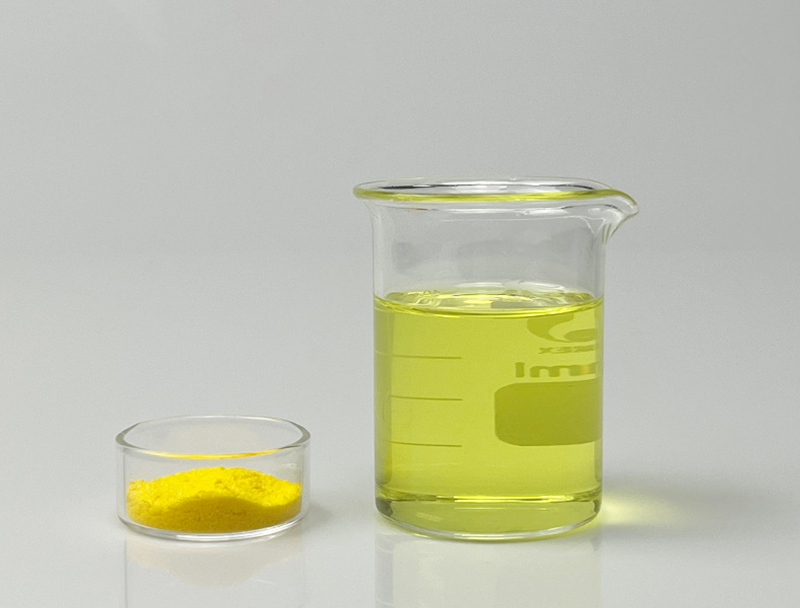
Exploring the Potential of Plant-Based Biomass Feedstocks in Bioplastics
Heightened demand for sustainable products accelerates efforts to develop renewable material alternatives. Bioplastics produced from plant biomass form a compelling option for lowering environmental footprint. Renewable inputs including cornstarch, cellulosic matter, and sugarcane biomass can be processed into biodegradable plastics that minimize long-term pollution.
Moreover, bioplastics can mirror key properties of fossil-derived plastics and fit diverse application needs.. Sustained research efforts are necessary to optimize plant feedstocks for mass bioplastic production and enable circularity.
Biotech Contributions to Global Health and Crop Productivity
Biotech provides transformative capabilities that can change healthcare outcomes and strengthen food systems. Using genome engineering, synthetic biology techniques, and cell-based treatments, innovators devise ways to tackle pathogens, amplify yields, and improve nutrition.. Consider genetically enhanced crops that resist pests and environmental stresses to improve production and reduce pesticide reliance.. Additionally, biotech enables faster vaccine development, novel antimicrobials, and precise diagnostics critical to infectious disease control and health improvement.. With persistent development, biotech stands to offer transformative L-arginine-α-ketoglutaric acid solutions for global health and long-term food security.
